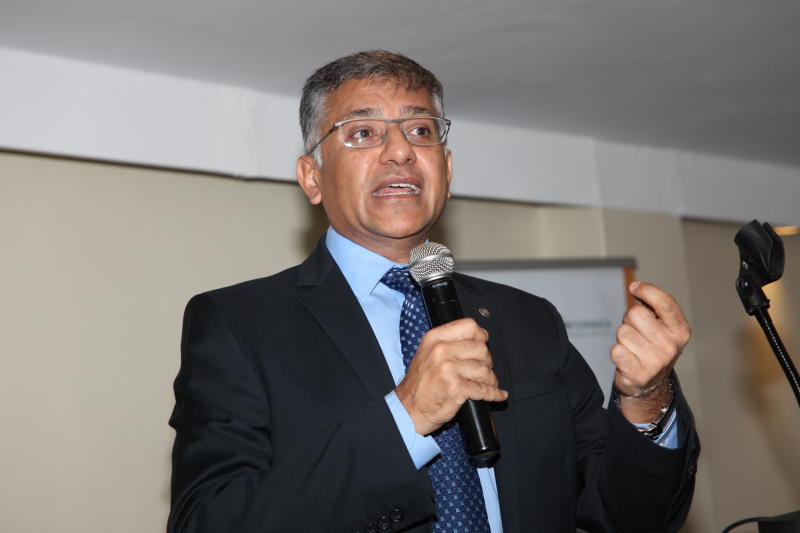×
The Standard e-Paper
Fearless, Trusted News

Treasury plans to save close to Sh73 billion by requesting deferment of interest payments on government securities held by pension funds and insurance companies.
This is part of the National Treasury’s debt restructuring plan aimed at consolidating more funds to spend on the economy at a time when tax revenues are dwindling.